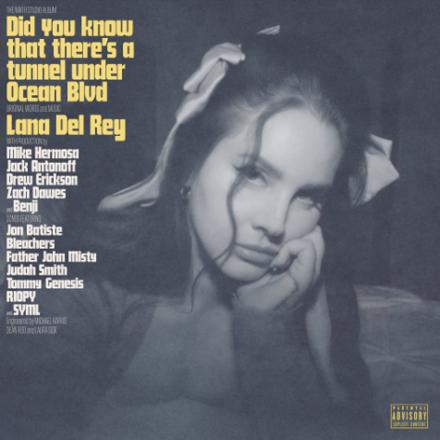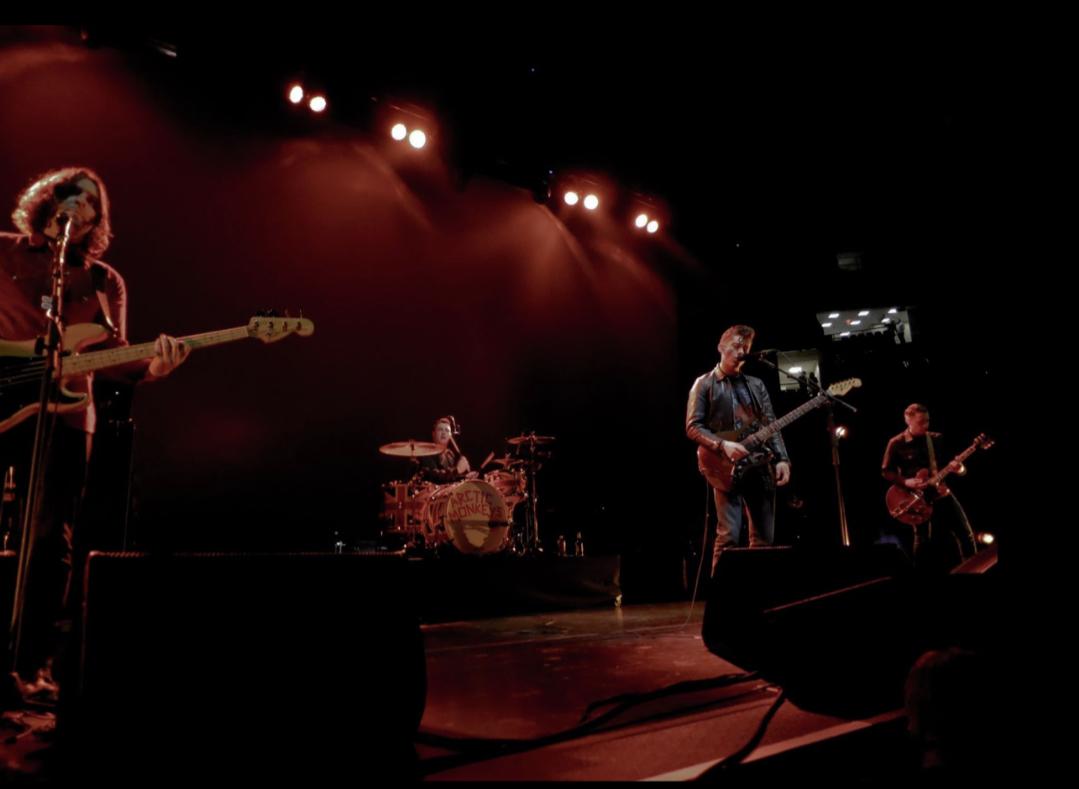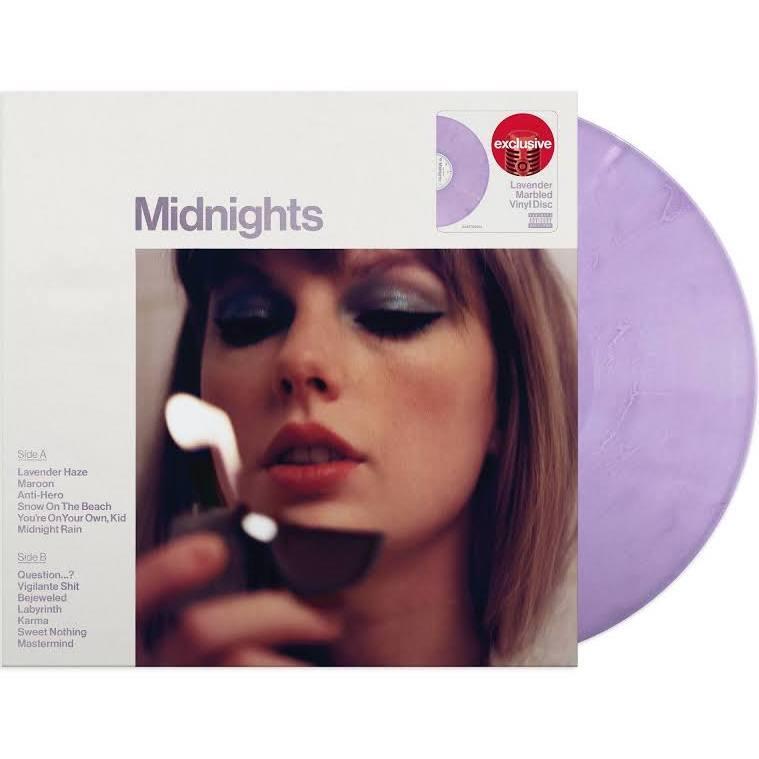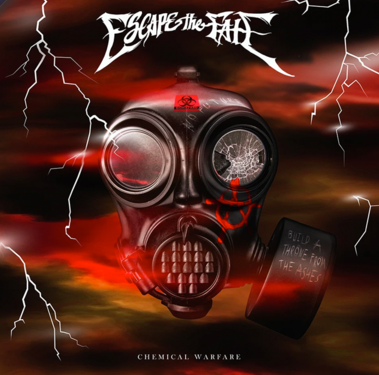Hozier by Hozier
Opinions belonging to Luke Hobika
Best tracks: “Angel of Small Death & the Codeine Scene;” “From Eden;” “Sedated”
Worst tracks: “To Be Alone;” “In a Week”
True love has no objective definition assigned to it. It is up to the person who claims to be in love to define that feeling for themselves. Yet while the term love holds subjective interpretations, the path by which people take to attain the sensation comes with personal sacrifices and adjustments. Again, how far one feels that they need to go all depends on what they classify love as being. Is devoting an immense amount of time to the person whom you claim to love enough? What about shifting your budget to favor them? Does money buy love? Most importantly, how many intimate friendships must you sever to successfully tend to the feelings and beliefs of your significant other? Is following through with the temptations which you may deem as sinful worth it?
You learn from your mistakes. A person who has played the game of love multiple times throughout their lives most likely have a firm stance on their distinction of true love. On the contrary, newcomers to the game may find themselves in a war amongst themselves. This intrinsic personal development finds itself in the center of the stage on Irish musician, singer, and songwriter Hozier’s debut album, which is appropriately titled Hozier.

Hozier is a thirteen-track album whose skeletal composition consists of a mixture of indie rock, blues, R&B, and soul. Throughout the project, Hozier’s whiskey-tainted, fragile vocals glide smoothly across the frail yet pure melodies and occasionally a fervent rhythm pattern. The project’s inward narrative describes the consistent intrinsic debates one may have with themselves before striking a move in the battle to find their meaning of love. As war has its wins and losses, the abrupt shift in pace from track to track on the album mirror the gains and failures that accompany this process. “To Be Alone”’s defiant guitar coupled with the rebellious cries and deep drum kicks match the defiances and let-goes one may have to endure in their journey to distinguish such a potent feeling. One track later on “From Eden,” the mood transforms the pace of the album and emits a sense of optimism towards attaining the answer through its reassuring guitar strums and feathery background hymns.
Hozier’s bittersweet lyricism on Hozier depicts his approach to hunting for love just as effectively as the album’s production. On the second track, “Angel of Small Death & Codeine Scene,” Hozier admits in the chorus that the feelings that his lover provokes out of him are equivalent to that of the most effective drugs, codeine. In the chorus, he bellows out with his humble voice, “With her sweetened breath, and tongue so mean/She’s the angel of small death and the codeine scene.” The addictive nature in which he finds himself with his lover intensifies on “In a Week,” on which Hozier and Karen Cowley vividly imagine a future in which both of their corpses lay together while rotting into the soil. The graphic imagery in the lyrics (“I have never known hunger/Like these insects that feast on me;” “After the insects have made their claim/After the foxes know out taste/I’d be home with you, I’d be home with you”) confirm the extremities that some are willing to go to remain attached with their beloved partner for the rest of eternity, no matter the brutality of conditions. Hozier acknowledges the intense effects that love takes on him on the following track, “Sedated.” The song seeks out what other tracks like “Foreigner’s God” attempt to find amidst the sense of reliability on another person whom the public classifies as an outcast: a feeling of escapism. Hozier attains this state of neglecting reality by choosing to experiment with drugs, which ultimately amplifies the issue he must face. “Sedated, we’re nursing on a/Poison that never stung/Our teeth and lungs are lined/With the scum of it,” he confesses.

As with any search in life, the process of identifying what love is exactly is does not follow a straight line. Sometimes, our faults interfere with our efforts and hinder our likelihood of success. While Hozier is an album whose raw production and desolate yet weighty vocals bring forth instances of pure self-reflection and improvements, the constant expression from Hozier of lack of self-control and self-confidence becomes too excessive from time to time. Ultimately, there are some points on the album during which Hozier wallows in his sorrow for the unnecessary final two minutes of a song. Furthermore, the instrumentals of some tracks like “To Be Alone,” while they hold an appropriate tone for the defiant narrative, are crafted in a way that mimics the generic, radio tracks of basic bands like Imagine Dragons or X Ambassadors. So frequent throughout the album, the moments of missteps are so obvious that the album cannot reach full rehabilitation.
While the process of defining his meaning to love throughout Hozier come off as pathetic and, quite frankly, ignorant at some points to the listener, the key instances of personal growth grant the album some bit of value. Yet, even with music, the full worth of something is all dependant upon what the observer claims it to have.










































